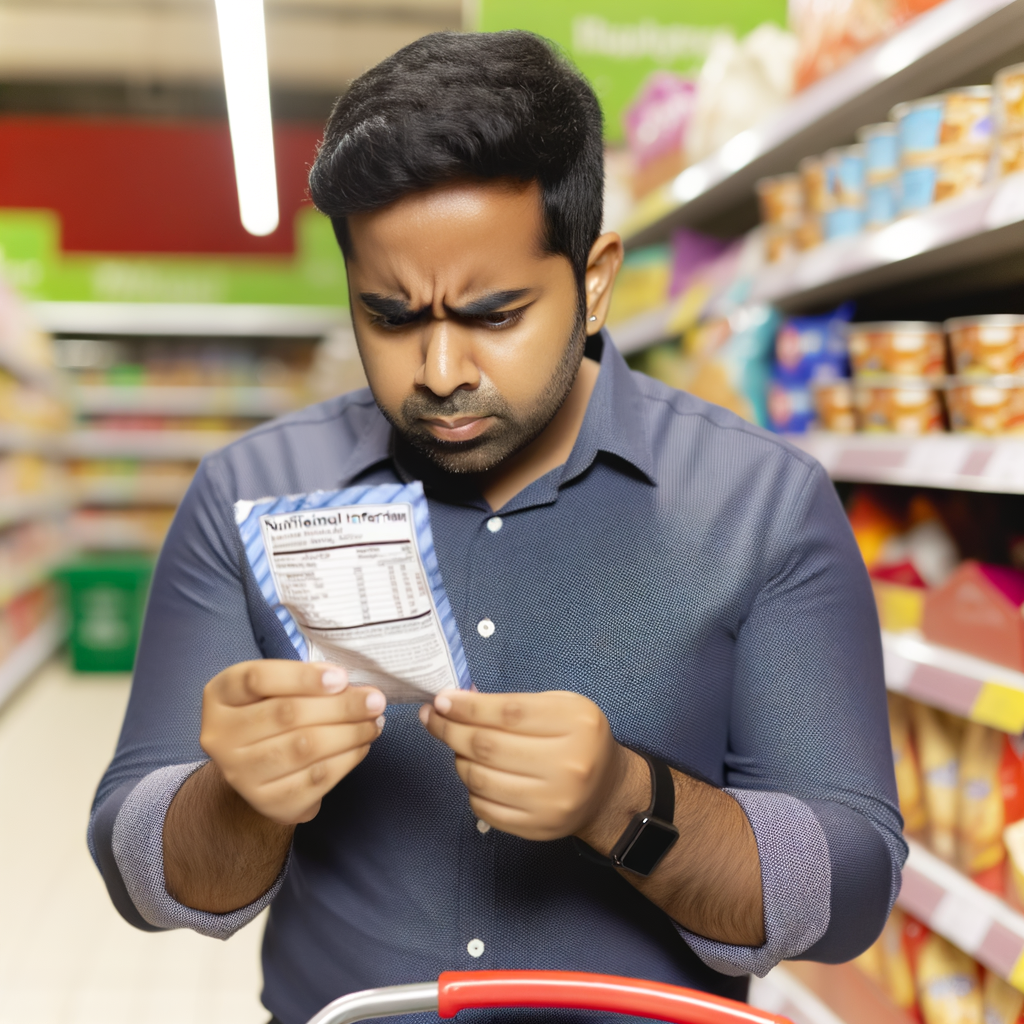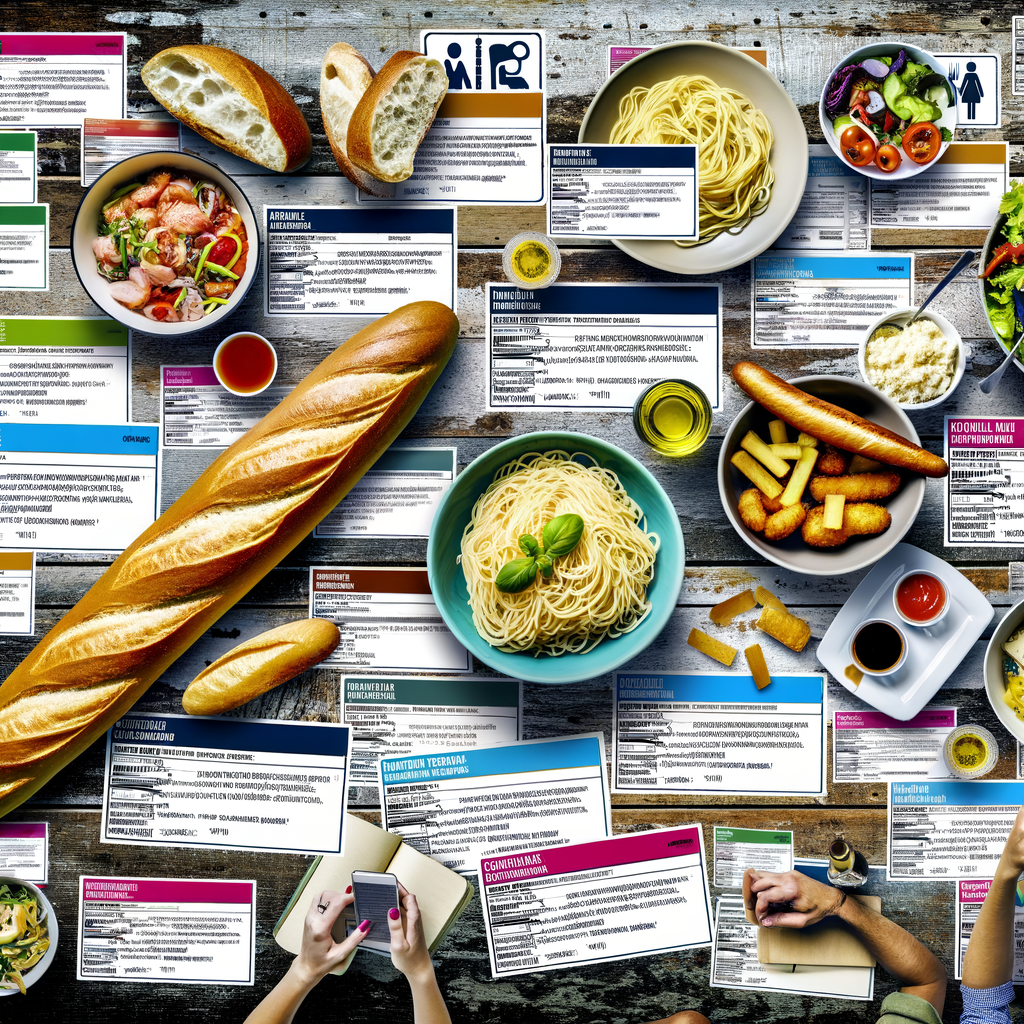Food allergies are a growing concern in today’s society, and it is crucial for individuals to understand the importance of label reading when it comes to their dietary restrictions. Label reading is a key aspect of managing food allergies, as it allows individuals to identify potential allergens in the foods they consume. In Europe, food labeling regulations require manufacturers to clearly list any potential allergens in their products. This is a valuable tool for those with food allergies, as it helps them identify what they can and cannot eat.
When it comes to label reading, it’s important to pay attention to not only the ingredients listed, but also any potential cross-contamination warnings. Many products may be produced in facilities that also handle allergens, and this information should be clearly stated on the label. Additionally, it’s important to look for any hidden sources of allergens. For example, a product may not contain peanuts, but could be produced on equipment that also processes peanuts. By carefully reading labels, individuals can avoid potential allergic reactions and stay safe when consuming packaged foods.
In addition to reading labels, it’s also important for individuals with food allergies to communicate their needs to restaurant staff when dining out. Allergies can be life-threatening, and it’s important for restaurant staff to understand the severity and importance of avoiding cross-contamination. Overall, label reading is a vital tool for managing food allergies and ensuring the safety of those who suffer from them. By educating ourselves and others on the importance of label reading, we can create a safer and more inclusive food culture for all.





